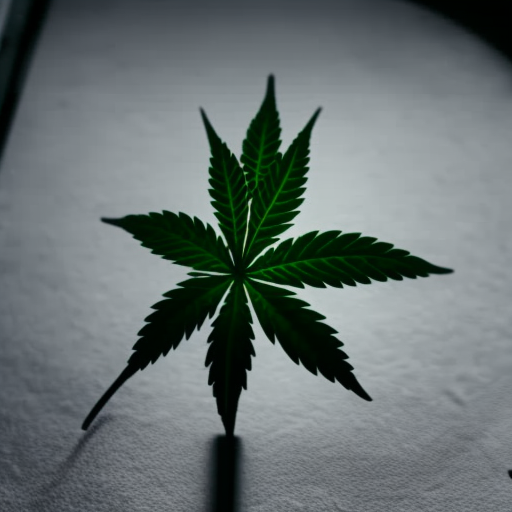
In recent years, medical cannabis has emerged as a potential alternative to opioids for the management of chronic pain. Many individuals have reported success in reducing or eliminating opioid use entirely after incorporating medical cannabis into their treatment regimen. Now, a new study aims to delve deeper into the holistic effects of both medical cannabis and opioids in order to gain more insight into their efficacy for chronic pain management.
The study, titled “The holistic effects of medical cannabis compared to opioids on pain experience in Finnish patients with chronic pain,” was conducted by researchers from Åbo Akademi University and published in the Journal of Cannabis Research. The objective was to compare the effectiveness of medical cannabis and traditional opioids in treating chronic pain, as the use of cannabis for symptom management has become increasingly prevalent.
To investigate the efficacy of both substances, the researchers utilized retrospective surveys to measure the positive and negative phenomenological effects experienced by individuals using either medical cannabis or opioids for chronic pain. The sample consisted of 201 chronic pain patients, with 40 using medical cannabis and 161 using opioids. There was some crossover between the groups, with approximately 45% of medical cannabis patients also reporting the use of opioids and about 4.3% of opioid users having used medical cannabis.
Participants were asked to evaluate statements detailing positive and negative effects related to their medications. The scores from both groups were then compared. While neither opioids nor medical cannabis are considered first-line treatments for chronic pain, they are commonly used when other treatments fail to provide sufficient relief. Recreational users and individuals using either substance for conditions other than chronic pain were excluded from the study.
The analysis revealed three key experience factors: negative side effects, positive holistic effects, and positive emotional effects. The group using medical cannabis scored higher than the opioid group in terms of positive emotional effects and holistic positive effects, with no significant difference in negative effects.
Ultimately, the researchers concluded that both medical cannabis and opioids were perceived to be equally effective in reducing pain intensity. However, medical cannabis was found to have more positive effects on broader factors related to pain, such as emotion, functionality, and overall well-being.
The study authors stated, “Both medical cannabis and opioids were perceived to reduce pain intensity equally well. The group differences support the hypothesis that the effects of medical cannabis on pain are more holistic than those of opioids.” Specifically, the medical cannabis group reported deeper relaxation, better sleep, improved mood, and the ability to feel pain without reacting to it more frequently than the opioid group.
Furthermore, the study noted that the psychoactive effects of medical cannabis played a role in its therapeutic effect on pain. However, the term “psychoactive” in this context does not refer to producing an altered state of consciousness or distorting perception. Instead, it refers to something that holistically alters consciousness in a positive direction or towards “normality.”
Importantly, there were no indications that medical cannabis distorted cognitive processes. On the contrary, it was perceived to improve memory, focus, and clarity of thought.
The results of this study suggest that medical cannabis may provide more holistic relief for chronic pain compared to opioids. However, further research is needed, ideally in randomized controlled trials, to confirm these findings and provide more robust evidence.
In conclusion, as research continues to unveil the potential benefits of medical cannabis for chronic pain management, it is becoming increasingly clear that it can serve as a suitable alternative to opioids. Not only does medical cannabis effectively reduce pain intensity, but it also offers additional holistic relief by improving sleep quality, mood, and overall well-being. This study contributes valuable insights into the efficacy of both substances and underscores the need for further exploration in order to optimize pain management strategies for individuals suffering from chronic pain.

